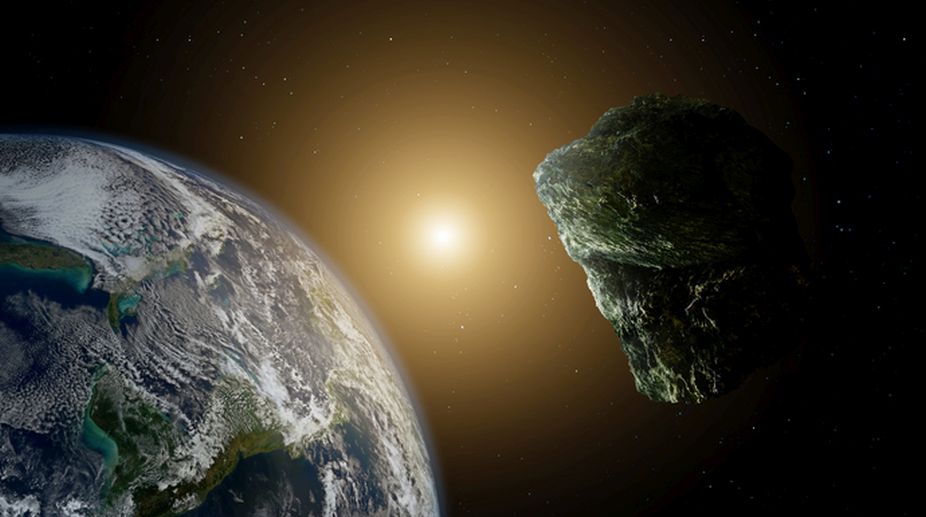On September 24th, scientists are scheduled to make contact with Earth using a fragment of an asteroid—a scenario less alarming than it may seem, given that the rock weighs no more than a few hundred grams.
This piece, from an asteroid named Bennu, was initially visited by the American spacecraft OSIRIS-REx in 2018. The spacecraft will release this payload en route to another asteroid, Apophis, scheduled for arrival in 2029, landing gently in the Utah desert via a small capsule equipped with a parachute.
Advertisement
Astronomers hold a profound fascination with asteroids. These remnants are a relic from the formation of the solar system around 4.5 billion years ago, emerging from the collapse of a dust and gas cloud into a disc that eventually shaped the sun and its planets. As these chunks never amassed enough mass to become planets themselves, studying them provides a unique glimpse into our ancient astronomical history.
This won’t mark the first instance of asteroid material being brought back to Earth.
In 2010, the Japanese spacecraft Hayabusa retrieved less than a milligram from an asteroid called Itokawa. Its successor, Hayabusa2, managed to collect five grams of rock from the asteroid Ryugu in 2020. While OSIRIS-REx’s excavation didn’t proceed entirely as planned—some of the material appears to have jammed its digger, allowing a portion of the sample to escape—NASA remains confident that the mission has surpassed its minimum target of 60 grams. In comparison to past missions, this will be a substantial achievement.
Scientists are particularly intrigued by Bennu for two reasons. Firstly, it seems to be abundant in carbon, the fundamental element that forms the complex chemistry underlying life on Earth. When researchers analyzed Ryugu, the carbon-rich asteroid studied by Hayabusa2, they discovered a multitude of organic compounds—those containing carbon—including various amino acids, the essential building blocks of proteins. The examination of OSIRIS-REx’s cargo is expected to provide a valuable cross-reference for these findings.
















